To GST, or not to GST, that is the Question
Selling Melbourne real estate involves some important considerations, one of which is whether the sale will create a Goods and Services Tax (GST) obligation for the vendor.
Let's break down the GST implications for different types of properties.
Existing Residential Premises
For existing residential premises, if the property is not held by a business or enterprise, the vendor is not required to collect GST. However, when it comes to newly developed or built residential premises, the vendor will need to collect and pay GST. This can be either in the form of a GST-inclusive sale price or, if eligible, using the margin scheme to calculate GST.
Commercial or Industrial Properties
When dealing with commercial or industrial properties, GST can raise a series of questions. Vendors often aren't registered for GST purposes if the income from the property doesn't exceed the threshold requiring registration. Despite this, it's essential to consider whether the sale of the property will create a GST obligation on the vendor.
Now, let's discuss the scenario of a commercial/industrial property with an existing lease, which is being sold as a 'Going Concern.' In this case, the vendor must ensure that the purchaser is also registered for GST purposes to qualify for the 'Going Concern' exemption at settlement. If, after settlement, it's discovered that the purchaser wasn't registered for GST, the ATO may attempt to recover the GST amount from the vendor, who might then need to pursue the purchaser for reimbursement, which could lead to potential litigation.
Even when selling a commercial/industrial property with vacant possession, the vendor should carefully consider their GST obligations, even if they weren't previously required to be registered for GST during their ownership.
Accounting Advice
To navigate these GST complexities, we strongly encourage our vendors to seek advice from their accountants. Accountants have a comprehensive understanding of the vendor's property-related activities, helping determine whether these activities are considered those of a business (enterprise) or if the vendor is merely selling an asset. The latter is a crucial factor used by the ATO to determine whether GST must be collected.
Our property law team is here to assist all parties involved in the purchase or sale of investment property.
If you have any questions or need personalised advice, we welcome you to reach out to us through our website. We are committed to helping you make informed decisions and have a smooth real estate transaction experience.
